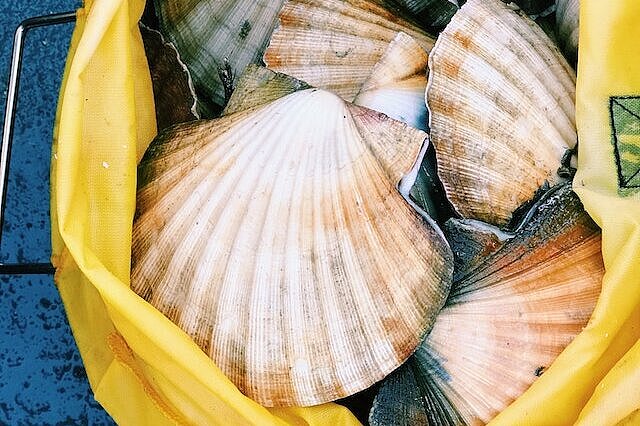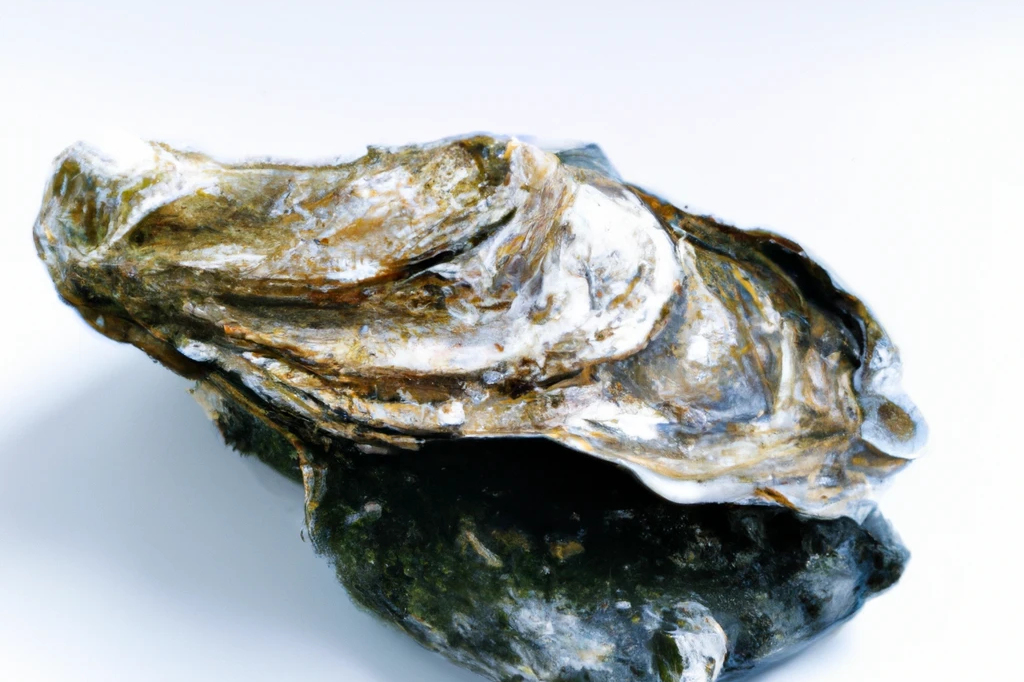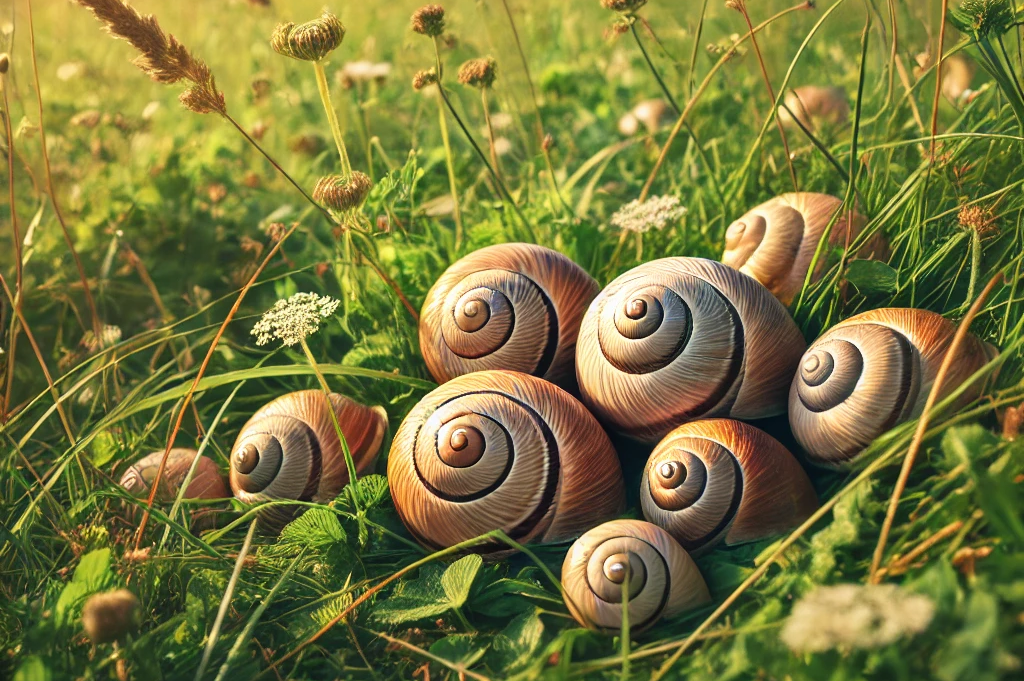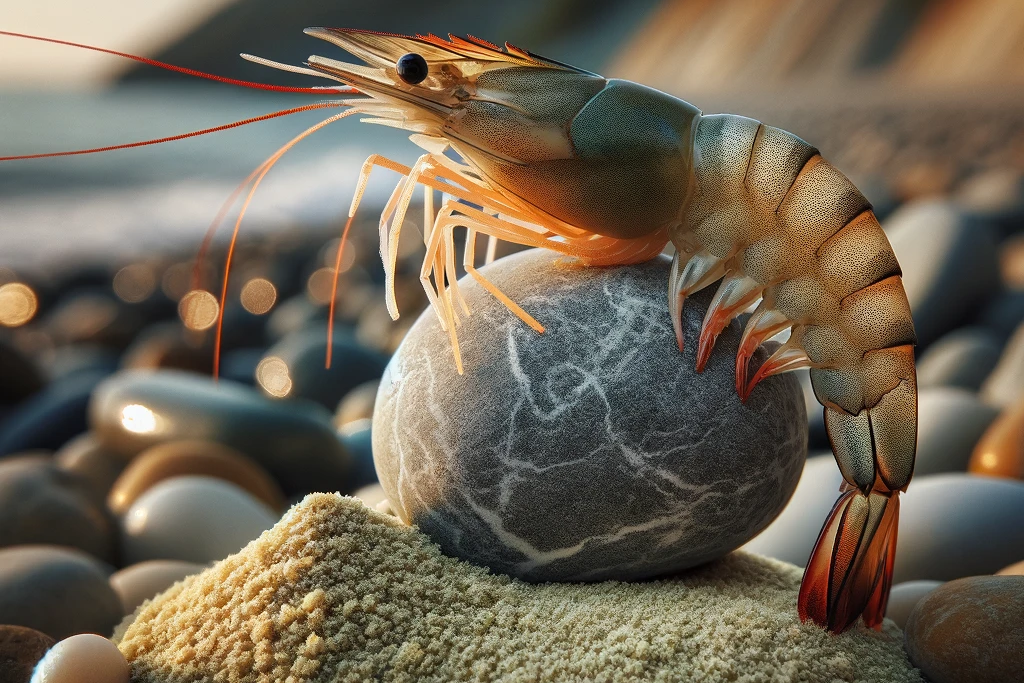Musselshell
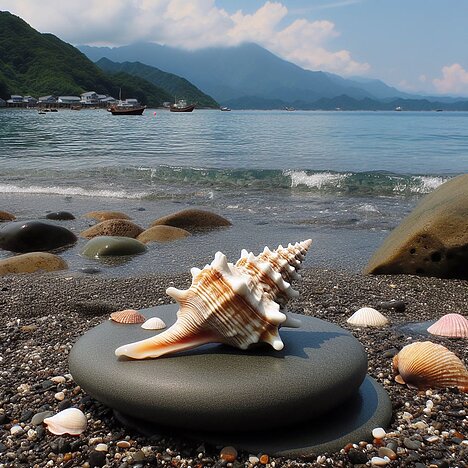
Clam shell is a natural source of calcium, an important mineral for healthy bones, teeth and muscles in dogs. However, not all shellfish is suitable for dogs and there are a few things you should consider before feeding your dog shellfish. In this article, you'll find out what clam shell is, what its benefits and drawbacks are and how to dose it correctly for your dog.
What is mussel shell?
Mussel shell is the generic term for the shells of various mussel species that live in the sea or in fresh water. The shells consist mainly of calcium carbonate, an inorganic salt that is also found in limestone or chalk. Mussel shell is often used as a dietary supplement for dogs to meet their calcium requirements, which can vary depending on the dog's age, size and activity level.
What are the benefits of clam shell for dogs?
Clam shell has several benefits for the health of dogs, especially in relation to the skeleton and dentition. Calcium is an essential building block for the formation and maintenance of bones and teeth. A lack of calcium can lead to bone softening, dental problems or growth disorders. Mussel shell can therefore help to prevent or treat such deficiency symptoms.
Clam shell can also support muscle function and nerve conduction, as calcium is involved in the contraction and relaxation of muscles and the transmission of nerve impulses. A sufficient calcium level can therefore promote the dog's physical performance and well-being.
What are the disadvantages of mussel shell for dogs?
Clam shell also has some disadvantages or risks for dogs that you should not ignore. For one thing, not every clam shell is suitable for dogs. You should only use shells that come from trustworthy sources and do not contain harmful substances such as bacteria, germs or heavy metals. Raw or spoiled shells can lead to protein poisoning or food poisoning, which can be life-threatening.
On the other hand, an overdose of mussel shells can lead to an oversupply of calcium, which can also be harmful. Too much calcium can impair the absorption of other minerals such as magnesium or phosphorus or lead to calcification of organs or tissues. An overdose of mussel shell can also lead to digestive problems such as diarrhea or constipation.
How do you dose mussel shell correctly for your dog?
The dosage depends on various factors, such as your dog's weight, age and state of health. In general, however, you should not cover more than 10 to 15 percent of your dog's daily calcium requirement with mussel shell.
A dog's daily calcium requirement is around 50 to 80 milligrams per kilogram of body weight. This means that a dog weighing 10 kilograms needs around 500 to 800 milligrams of calcium per day. No more than 50 to 120 milligrams of this should be covered with mussel shells. This corresponds to about half a teaspoon to a teaspoon of mussel shell per day.
You should always mix the mussel shell with your dog's food and not give it on its own. You should also make sure that your dog always has enough water to aid digestion.
Mussel shell is a natural food supplement for dogs that is a good source of calcium. Calcium is important for the health of bones, teeth, muscles and nerves in dogs. Clam shell can therefore help to prevent or treat a calcium deficiency. However, you should only use high-quality mussel shell that contains no harmful substances and pay close attention to the dosage to avoid an over- or undersupply of calcium.
If you notice any signs of hypersensitivity or poisoning in your dog, you should see your vet immediately. We are not a substitute for a vet, but we try to be as accurate as possible. Every dog reacts differently and we recommend you get a second opinion or consult your vet if in doubt.
Stay healthy and take good care of your four-legged friend!😊
Similar to Musselshell
Mussel powder is a fine powder made from the shells of various mussel species. The shells are dried, cleaned and ground. The powder can then be used as a dietary supplement. Mussel powder is rich in...
Oyster shells are the hard shells of oysters, a type of seafood. They consist mainly of calcium carbonate, a mineral that is important for bone formation and tooth development. They also contain...
Snail shells are the hard exoskeleton that protects the soft body of many snail species. They consist mainly of calcium carbonate and serve as protection against environmental influences and...
Shrimp powder is made from dried and ground shrimp and is widely used in the human diet, especially in Asian cuisine. It gives dishes a strong, umami-rich flavor. But can this seafood product also be...
